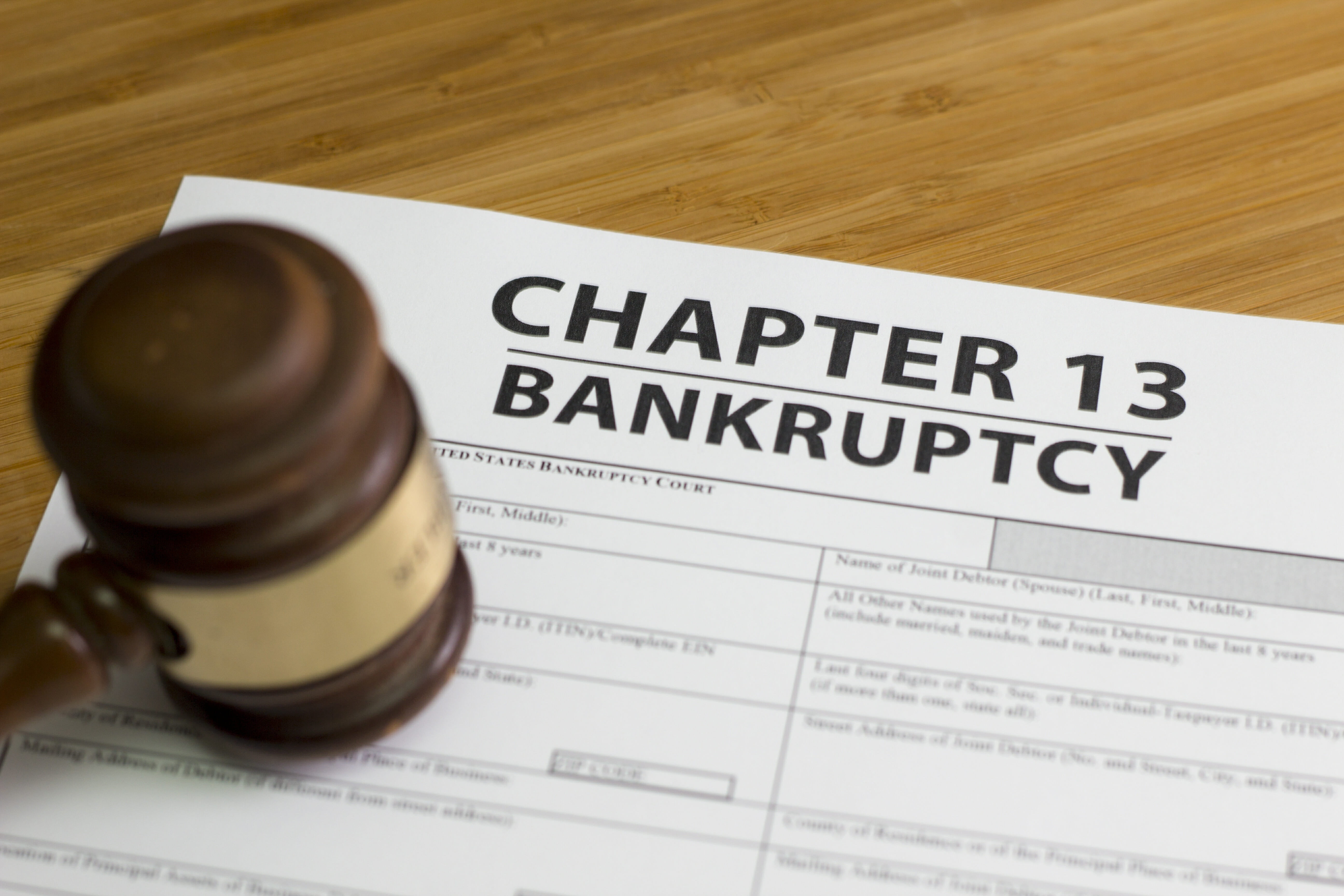Chapter 13 Bankruptcy

Chapter 13 bankruptcy, just like Chapter 7, is a popular type of bankruptcy for individuals. However, Chapter 13 focuses on reorganization of debt using a repayment plan rather than cancellation of debts. The good thing is that is that it allows debtors to keep their property while paying the debts. This is the major difference compared to Chapter 7.
Debtors that earn regular income can benefit from Chapter 13 by using it to reorganize their finances rather than face liquidation. This is why it is often referred to as Earner’s bankruptcy. If your problem is dealing with prompt payment of huge debts and aggressive creditors’ demands rather than lack of income, Chapter 13 is for you.
What are the requirements for filing Chapter 13 bankruptcy?
- Regular income
- No bankruptcy dismissal within 180 days of filing
- Provision of up-to-date tax payments and returns
- Unsecured debts must not be more than $394,725 while secured debt must not exceed $1, 184,200.
Understanding Chapter 13 bankruptcy
Repayment plan is the backbone of Chapter 13. Spreading the repayment over 3-5 year period makes it easier to manage and repay. A court can approve repayment plans set up by the debtor. The plan will stipulate –
- The timeframe of the plan
- The trustee
- The amount to be paid the trustee monthly
- Method of sending the money to the trustee.
Filing of the Chapter 13 process takes approximately 95 days, from filing of the petition to the time the repayment plan is approved. However, discharge of the debt won’t occur till the 3-5 year period comes to fruition. You must resolve the debts within this period as stipulated in the plan.
Importantly, Chapter 13 bankruptcy may allow for the elimination of unsecured debts as you long as you are caught up on outstanding mortgage payments and payments of other secured debts that you choose to keep.
In addition, you can stop foreclosure under Chapter 13. However, with the peace of mind of keeping your home comes the pain of having a court-appointed trustee supervising the process, collecting and disbursing your payments.
Discharge of debt in Chapter 13 is dependent on making the payments calculated under your plan..
How does Chapter 13 bankruptcy work?
The process begins with submission of reorganization plan. This protects your assets from repossession and foreclosure. These plans are complicated and you may require assistance calculating one. Remember that the bankruptcy court or the Chapter 13 trustee cannot provide you with legal advice The process takes about 95 days between filing and approval of the repayment plan.
You need to have complete credit counseling from an approved agency within 180 days prior to filing. You need to prepare the documents needed for filing the bankruptcy. A bankruptcy attorney can help you prepare the paperwork.
File the petition with your local bankruptcy court. Next, submit a repayment plan. The court will subsequently assign a trustee to supervise the entire process and set up meetings.
The debt will be discharged after conclude the repayment plan and all of the requirements.
In conclusion
Chapter 13 bankruptcy does not guarantee that all of your debt will be repaid. Your priority debt, secured debt and some unsecured debt may have to be paid completely.
Even though Chapter 13 can affect your credit adversely and put you under pressure to meet up with the scheduled payments, it allows for debt consolidation. It also offers you the option of keeping your home among other benefits.
Before you decide though, we advise that you discuss this matter with a qualified bankruptcy attorney that is familiar with all of the various bankruptcy and non-bankruptcy options. Every person’s financial situation is different and an expert can help you navigate to a debt-management solution that is best for your unique situation.
